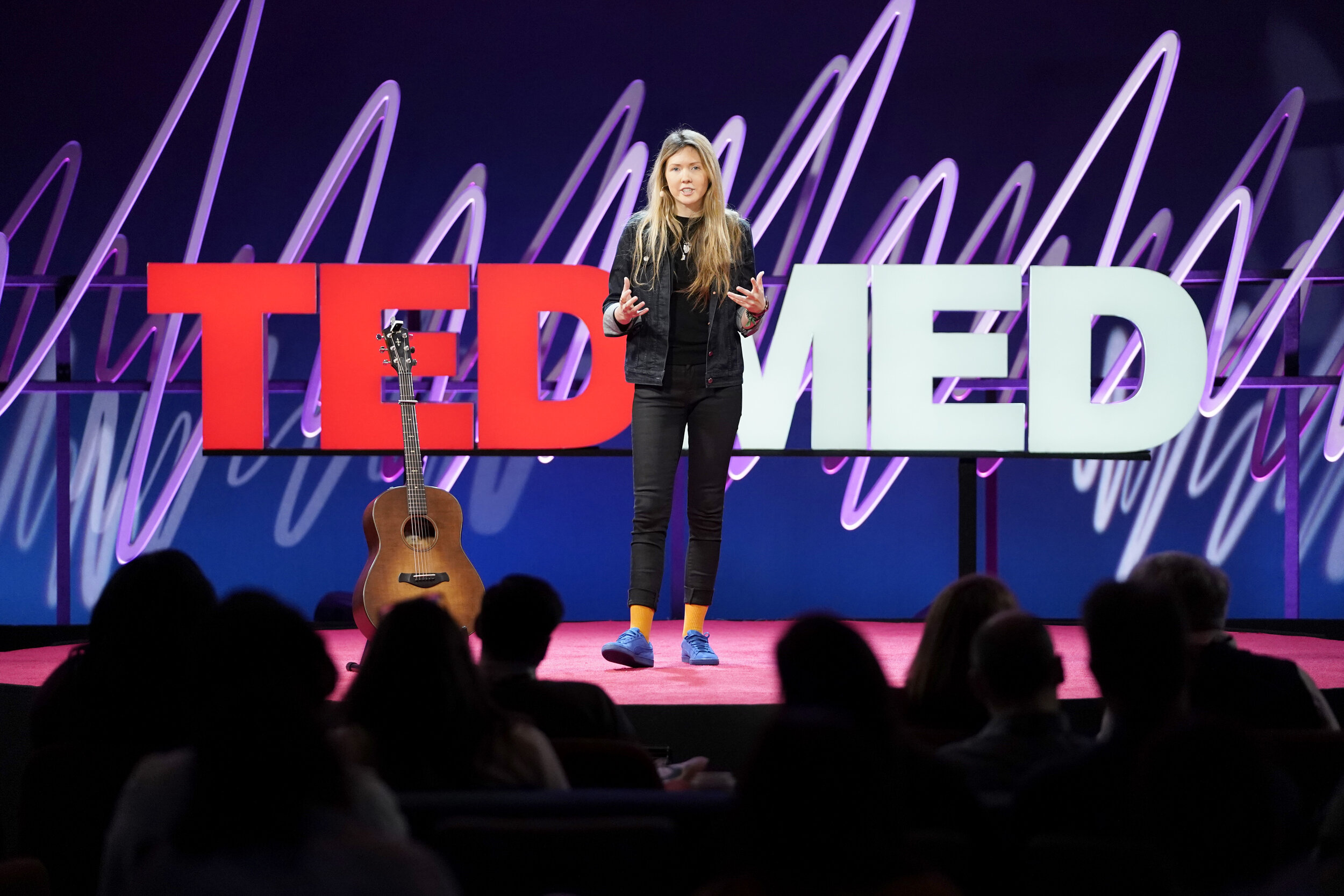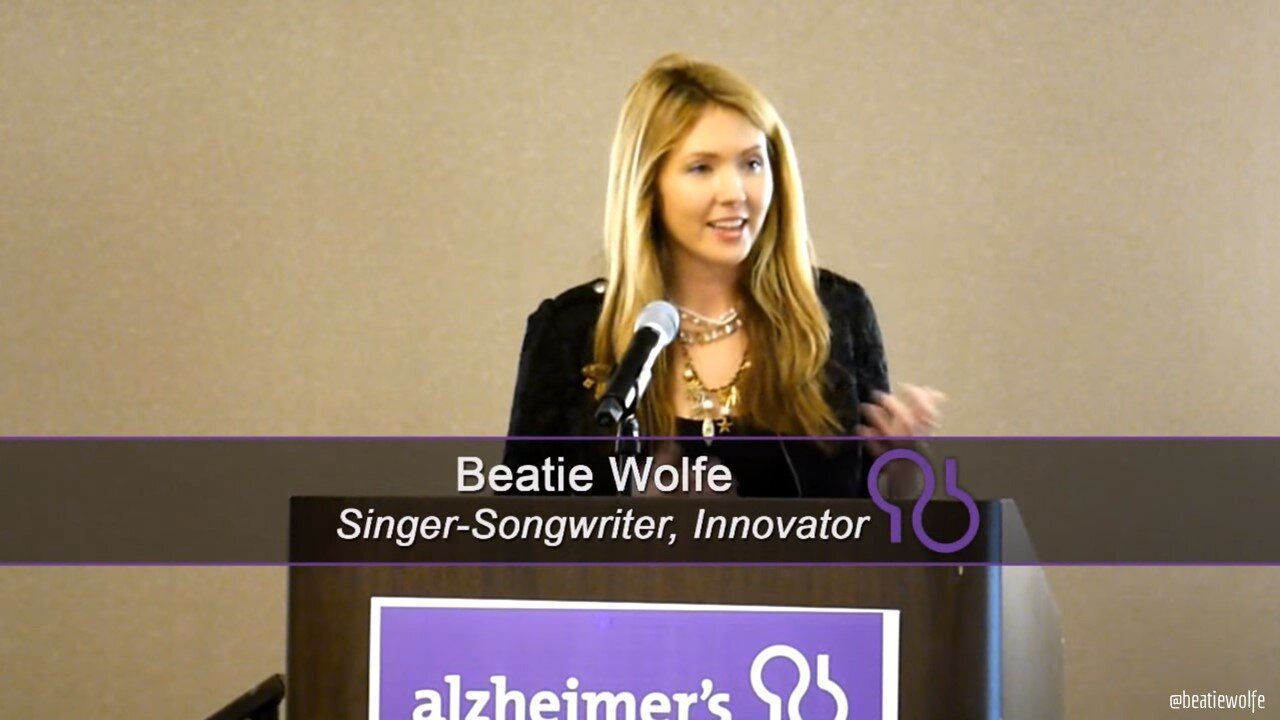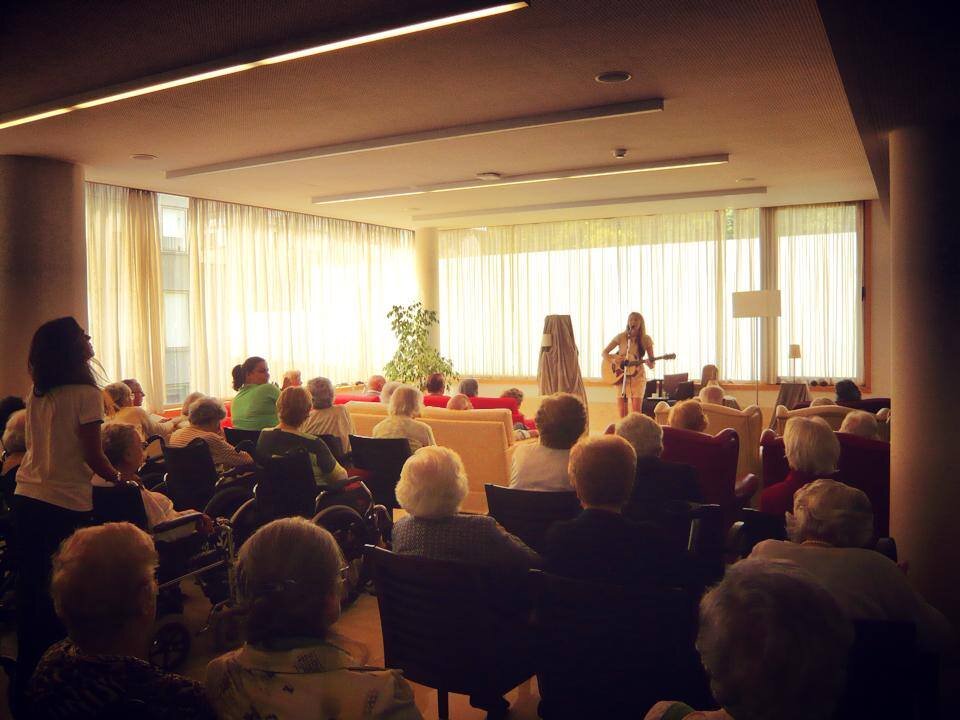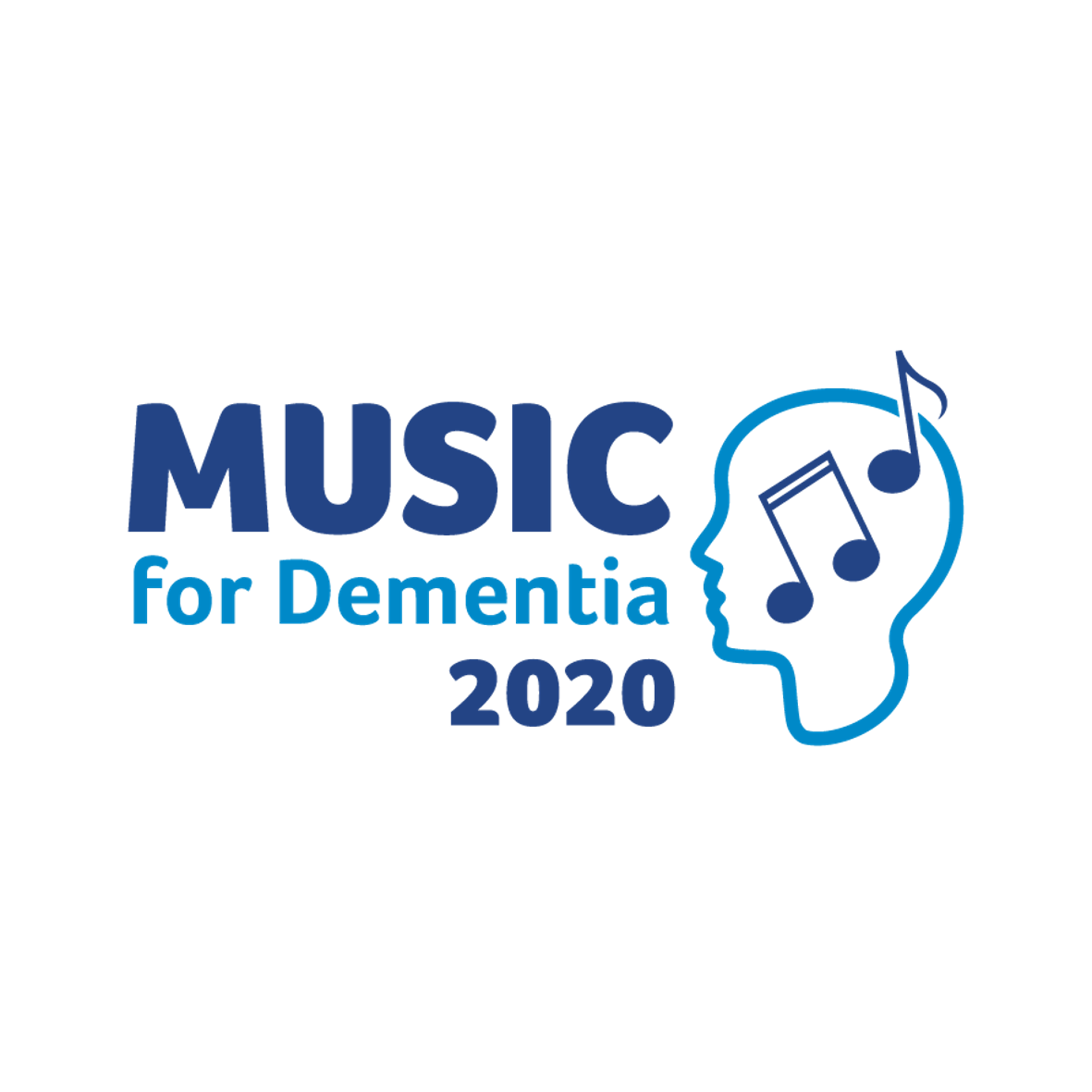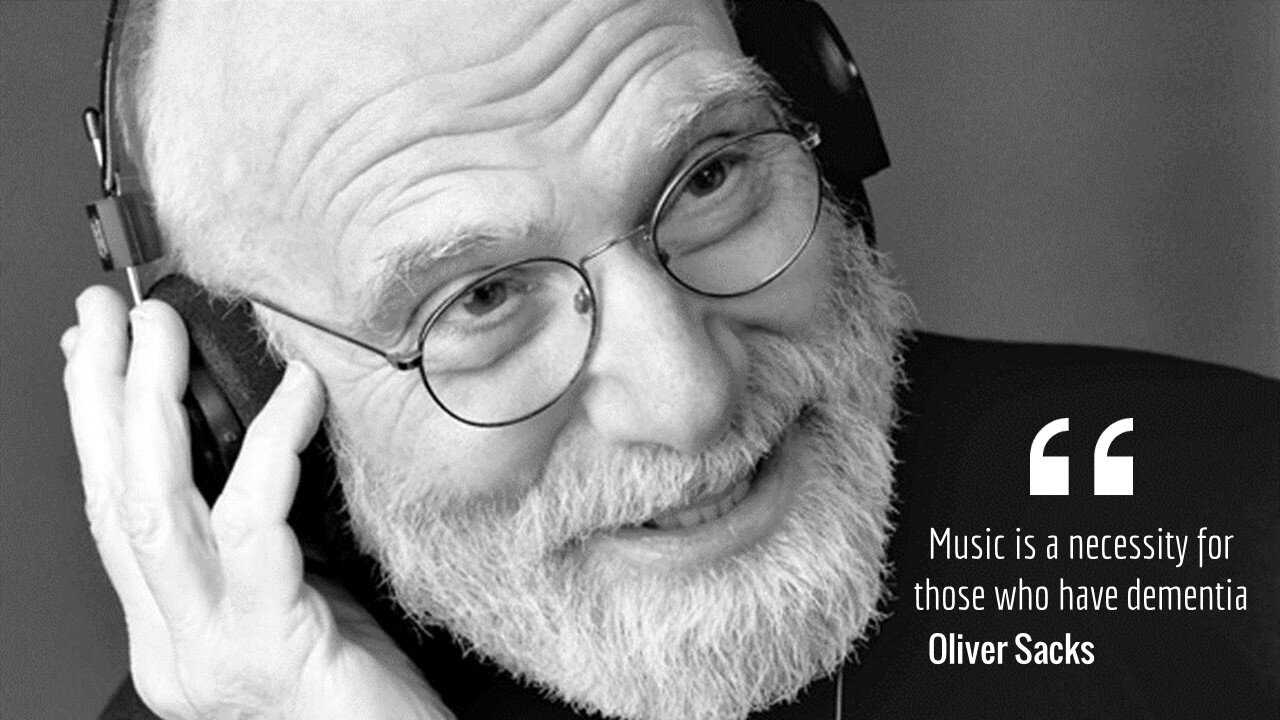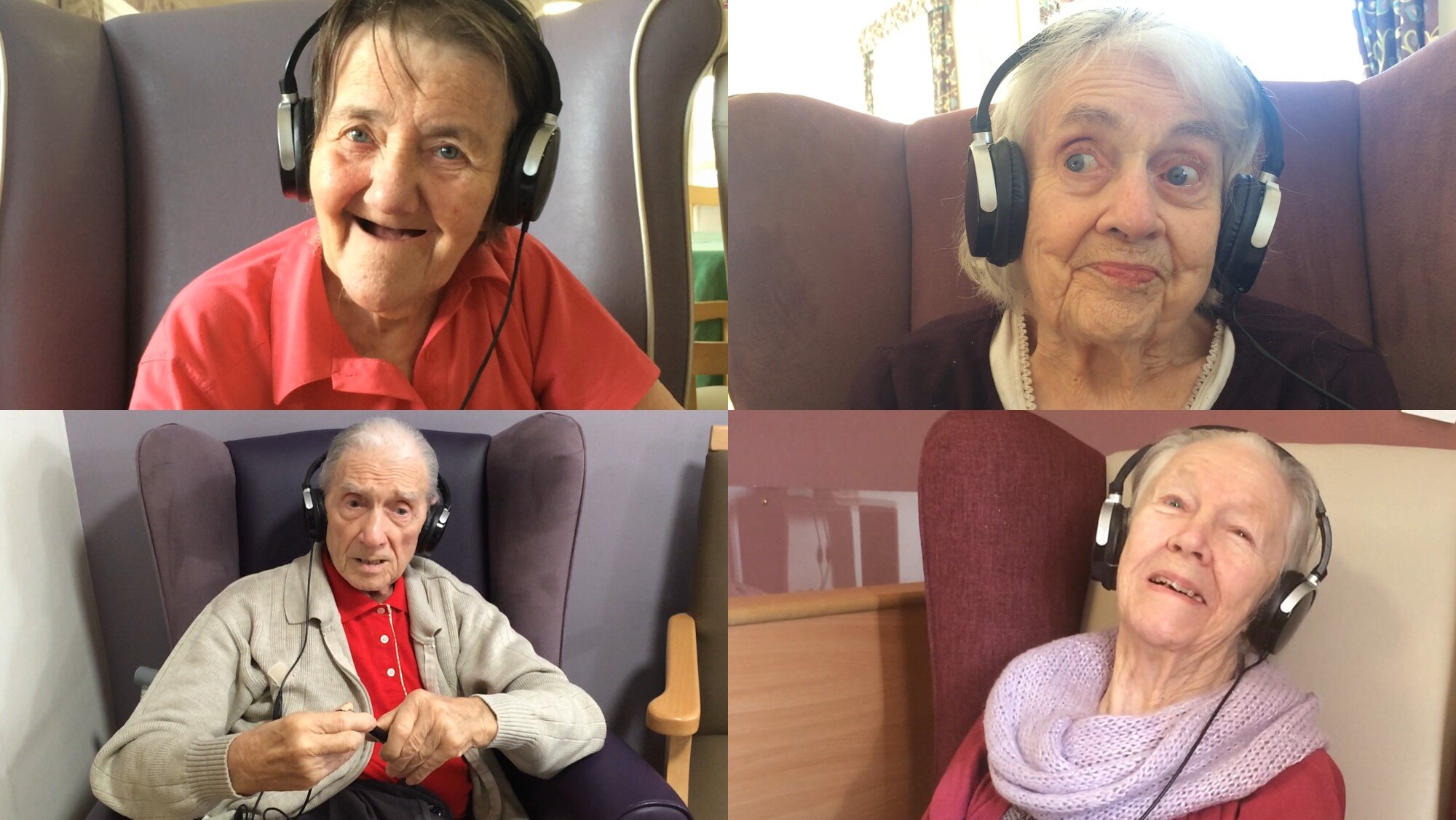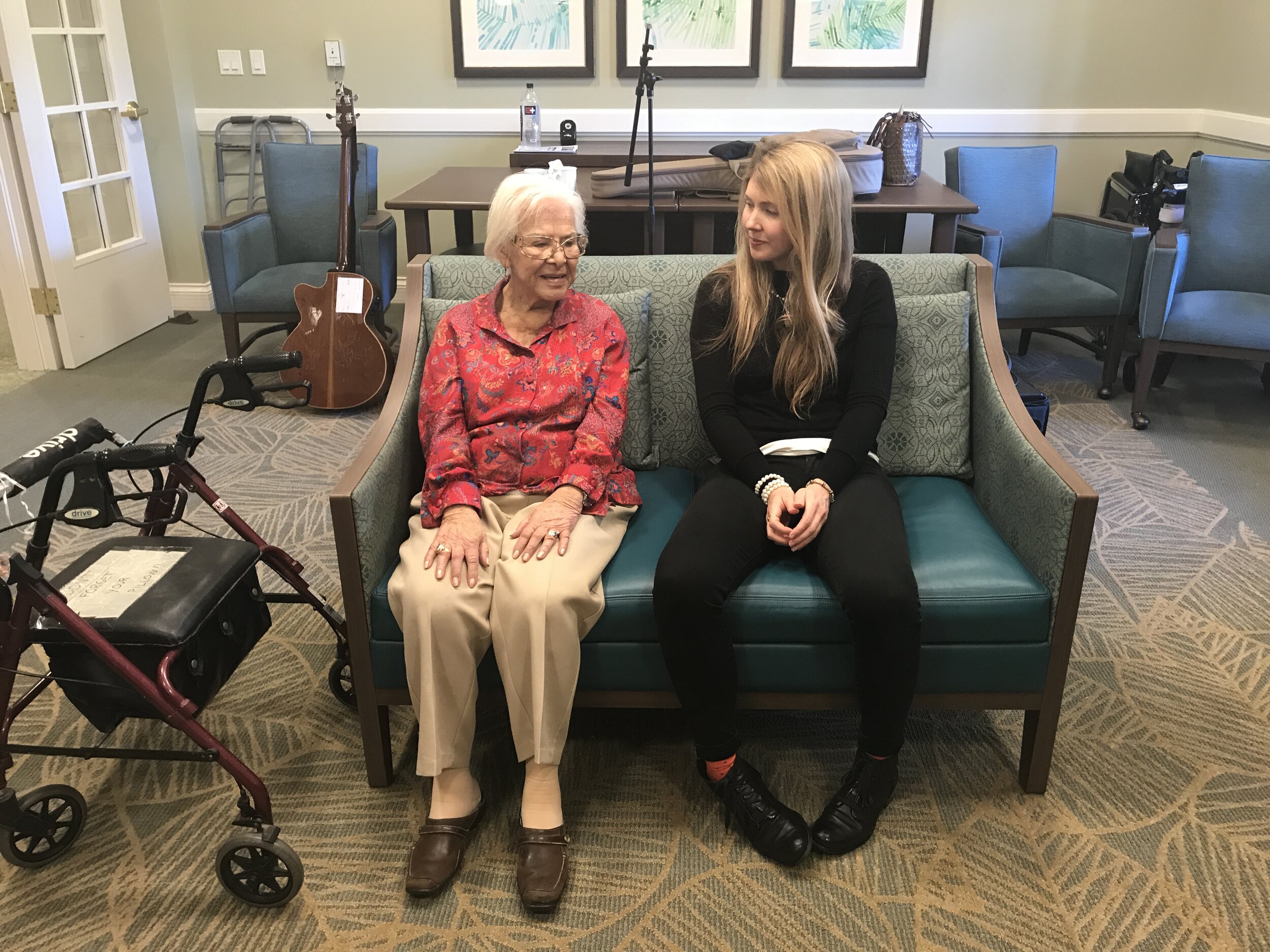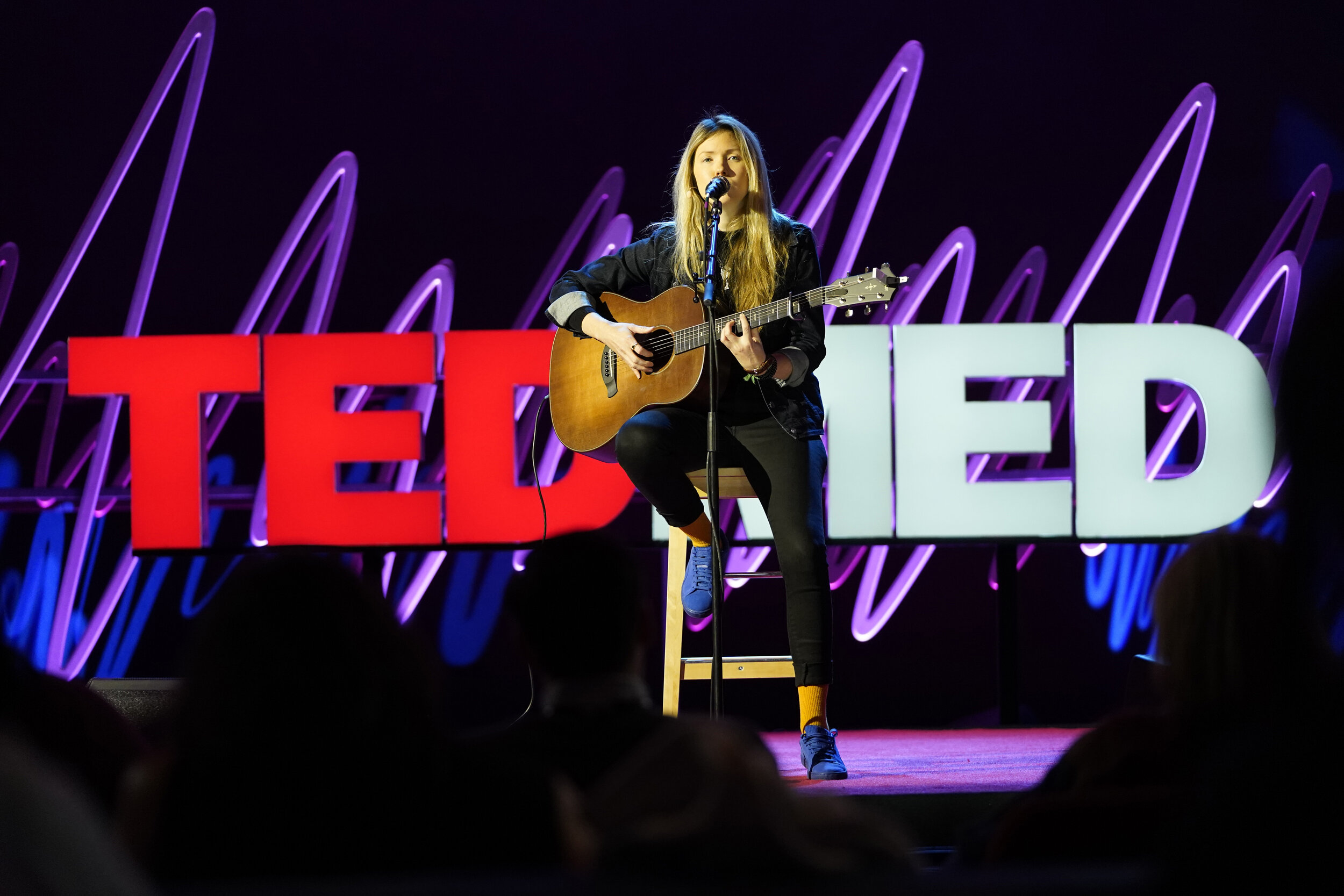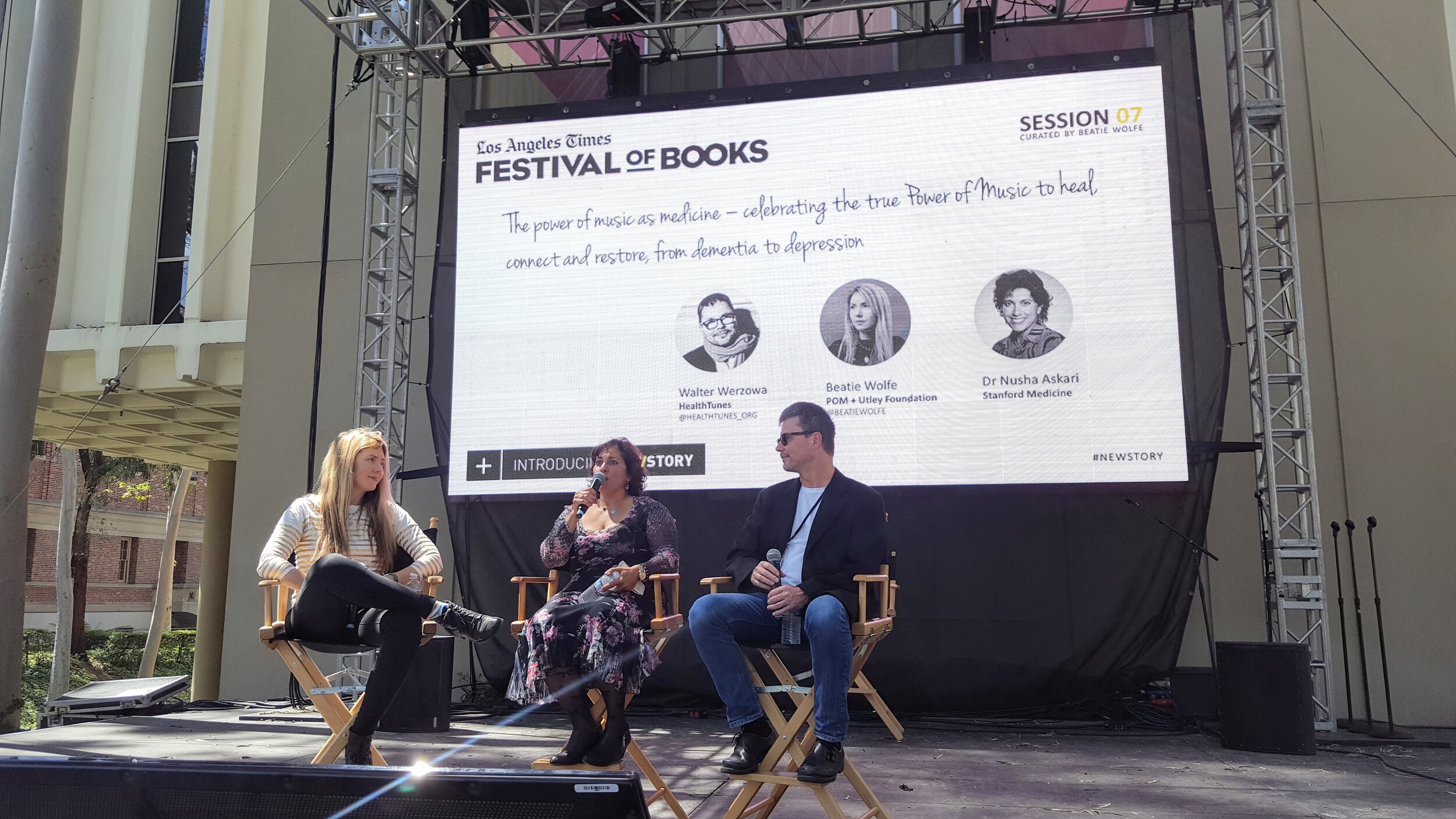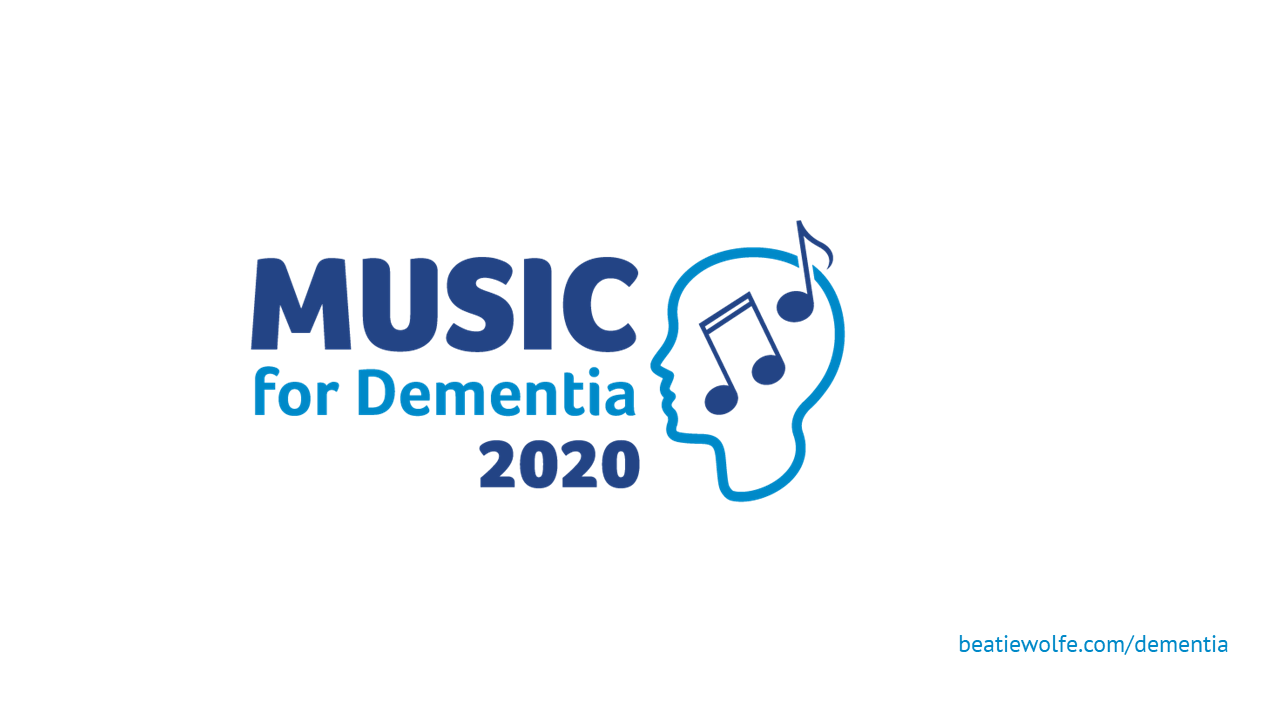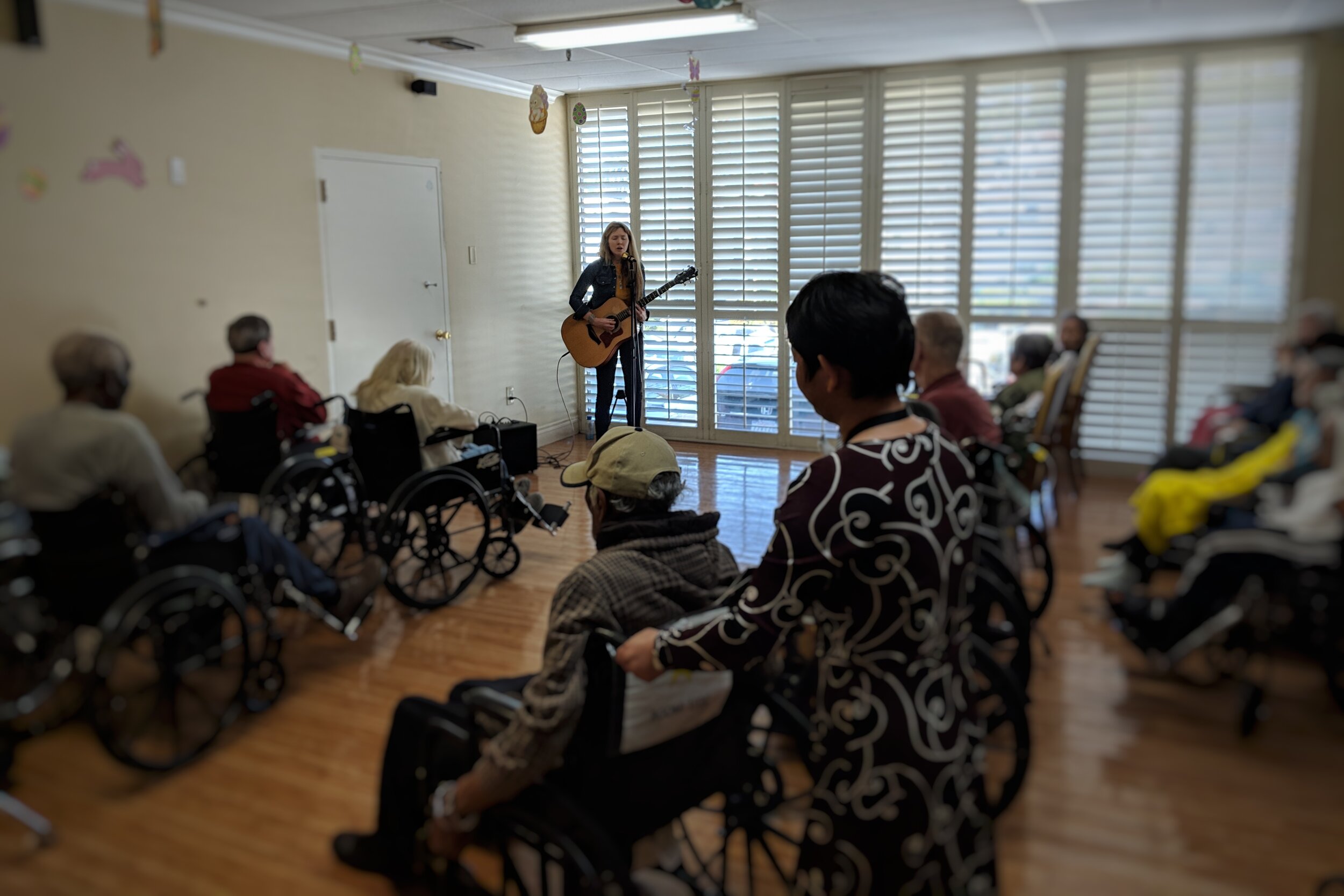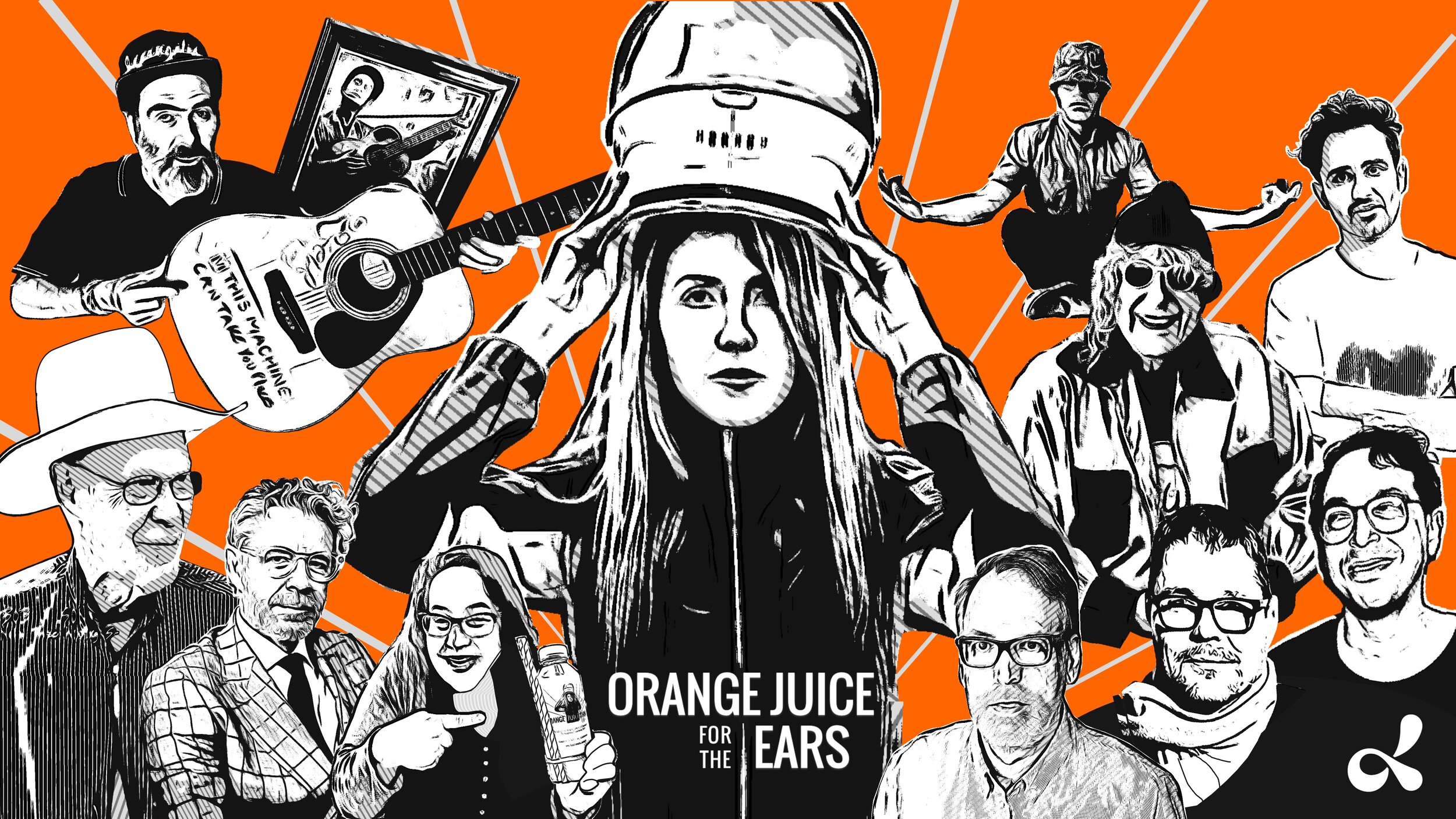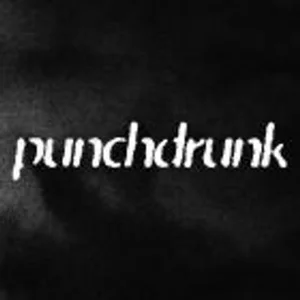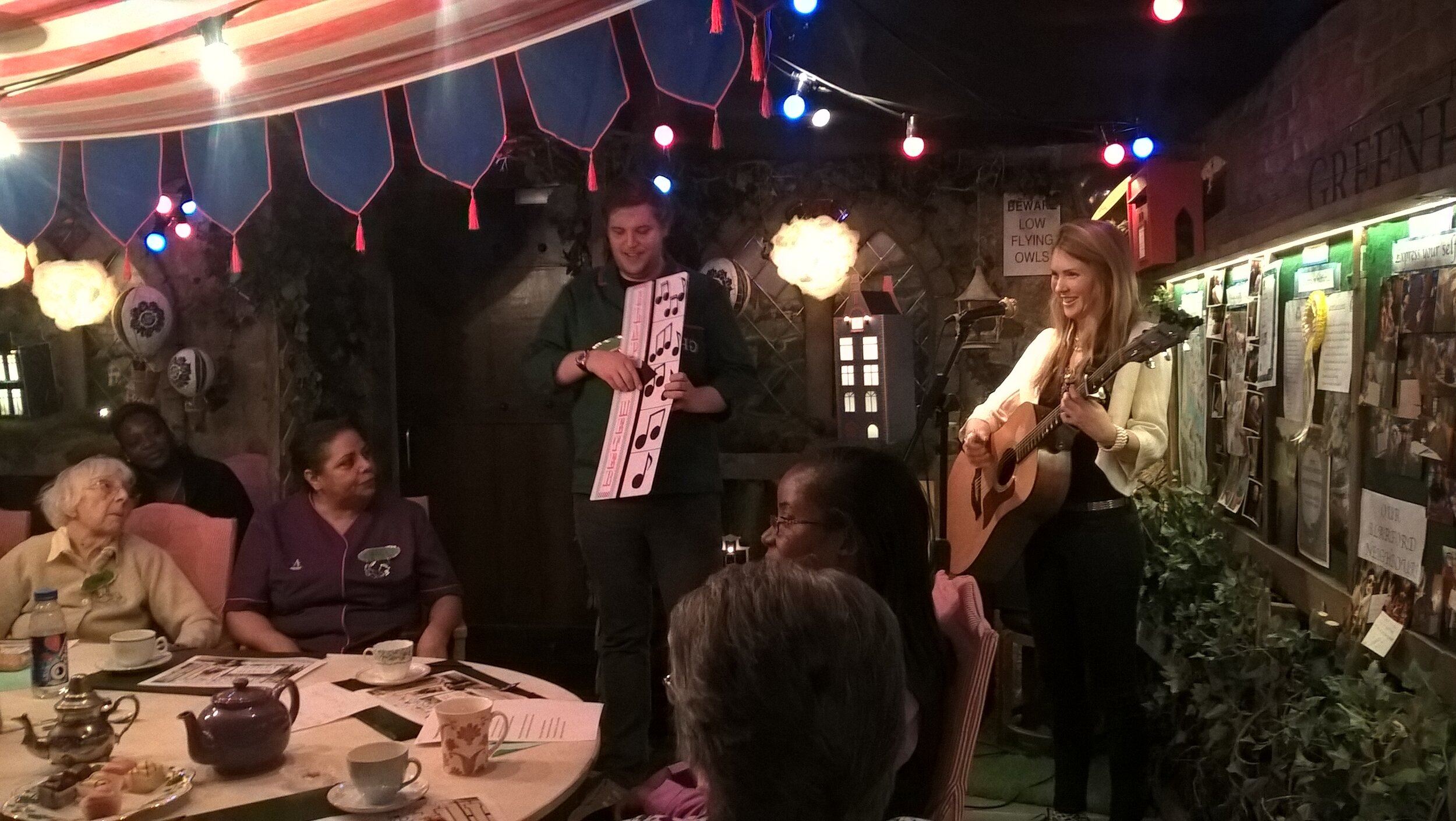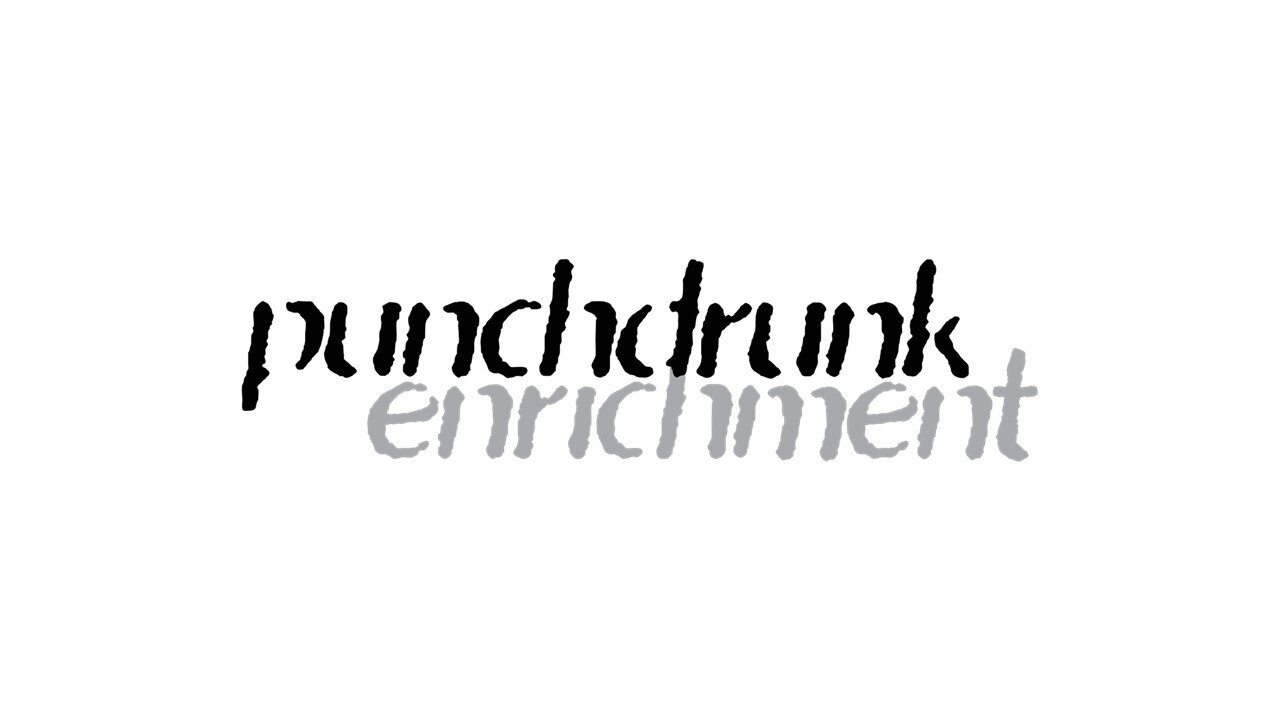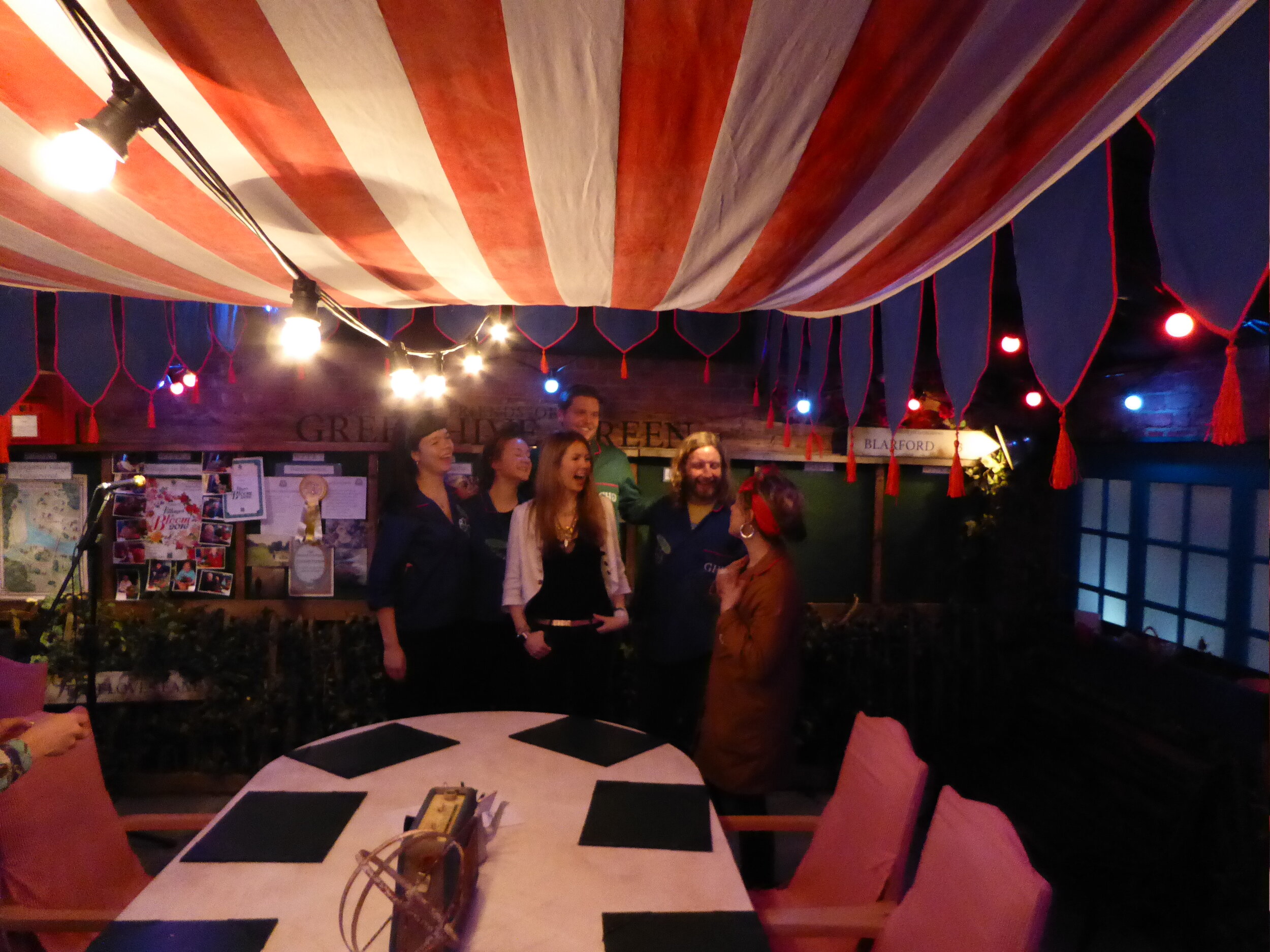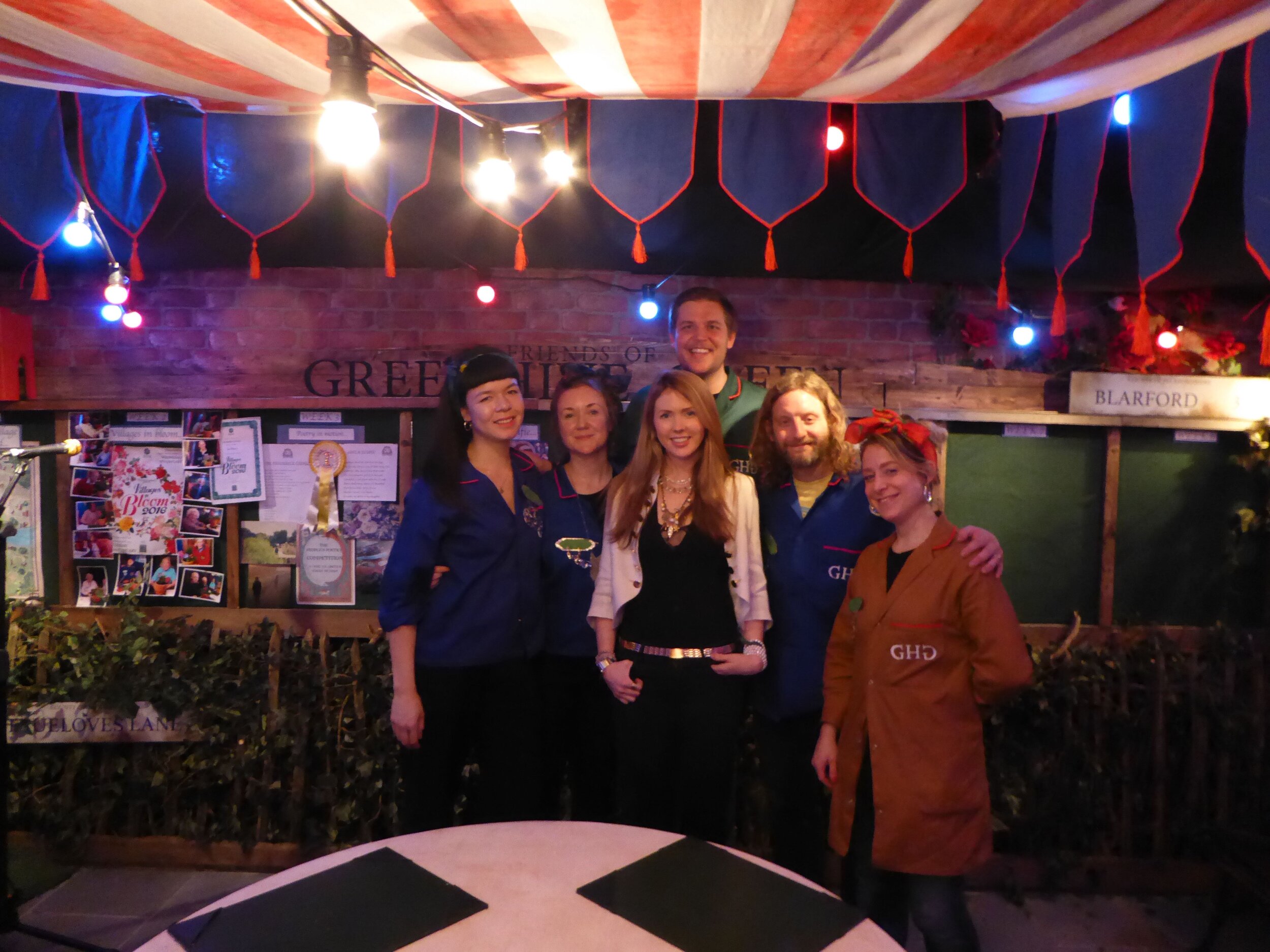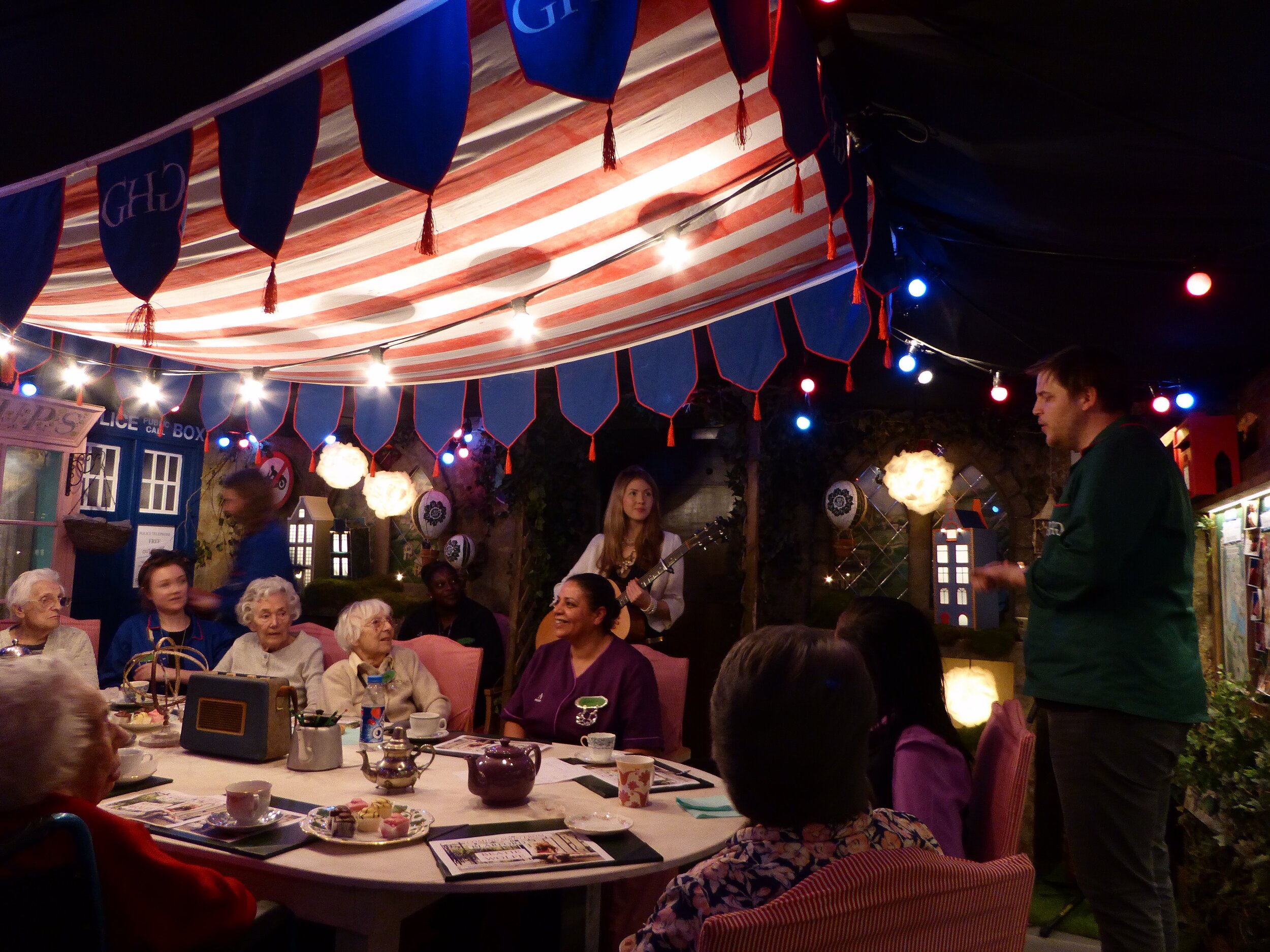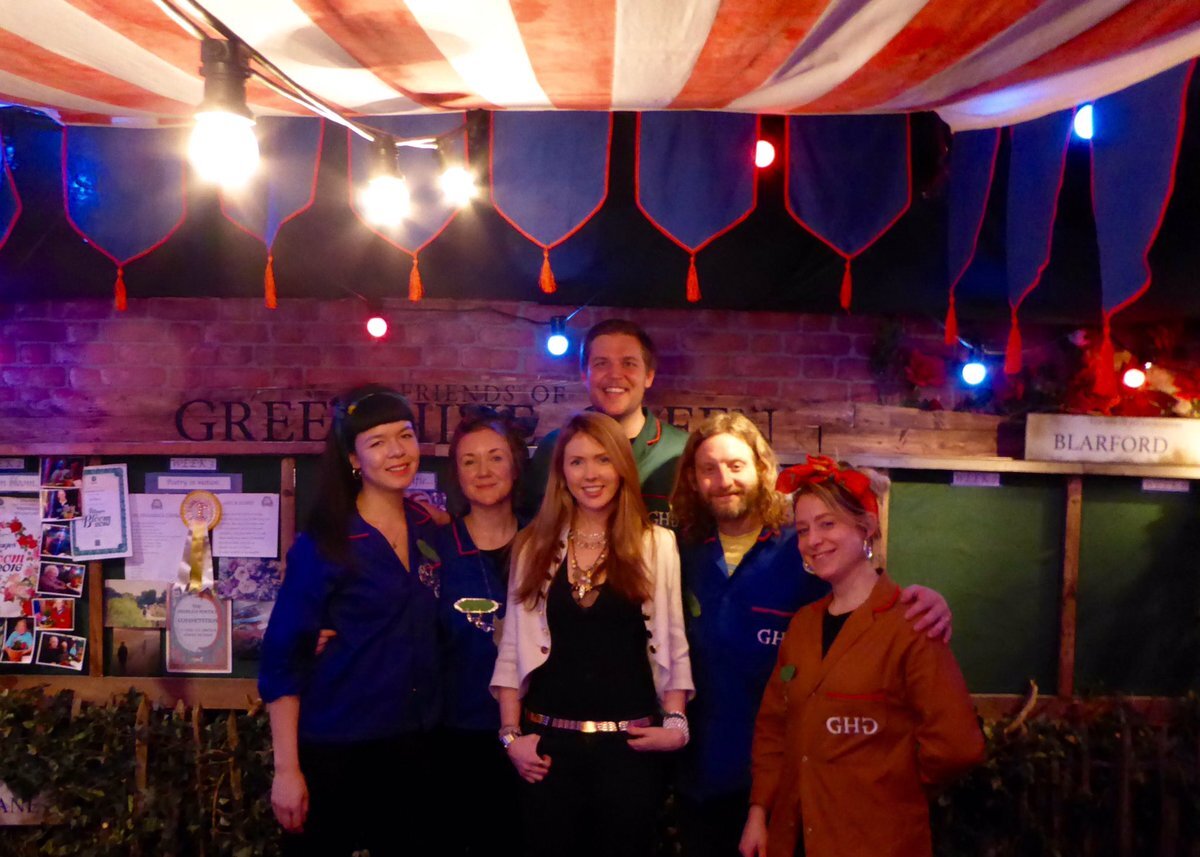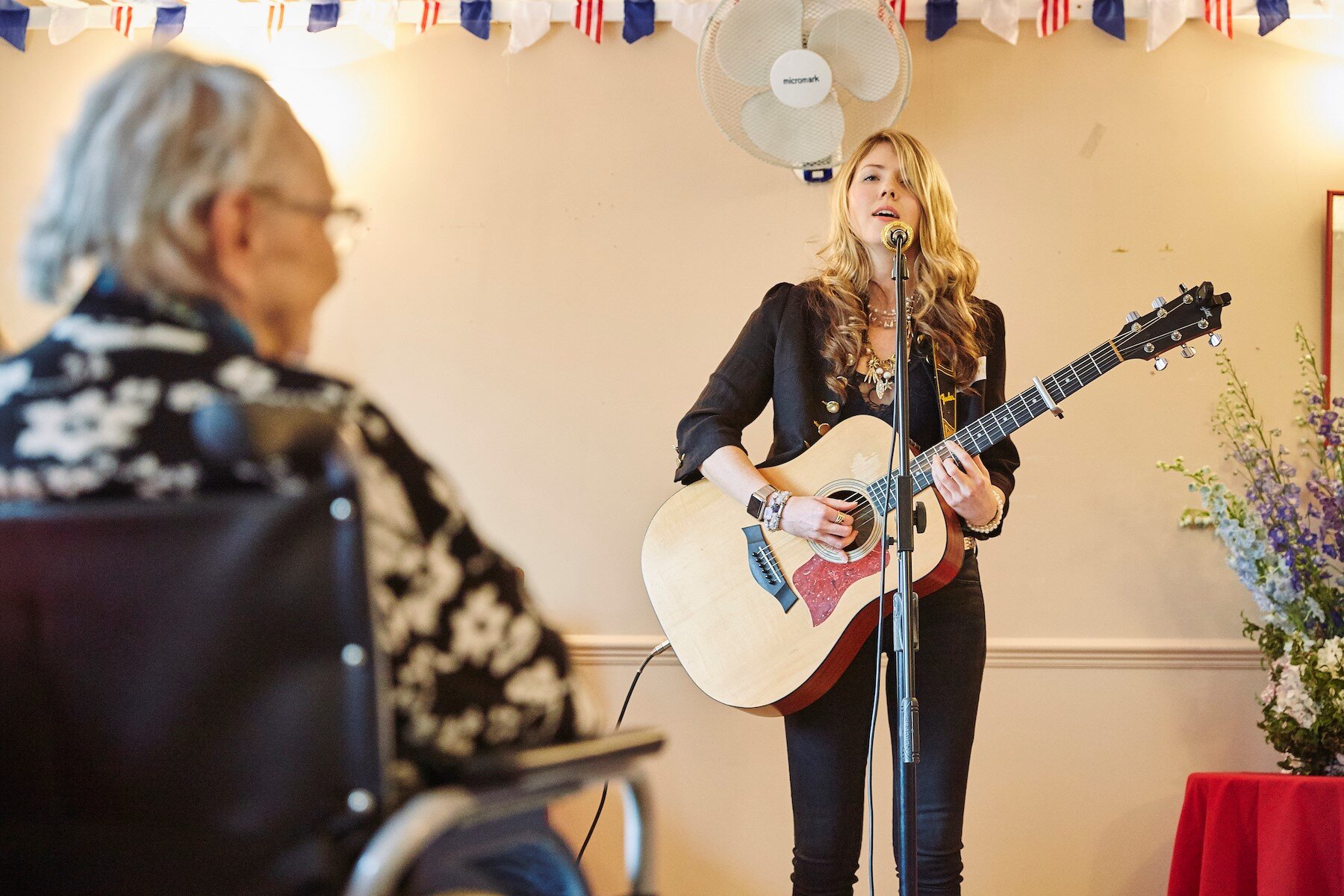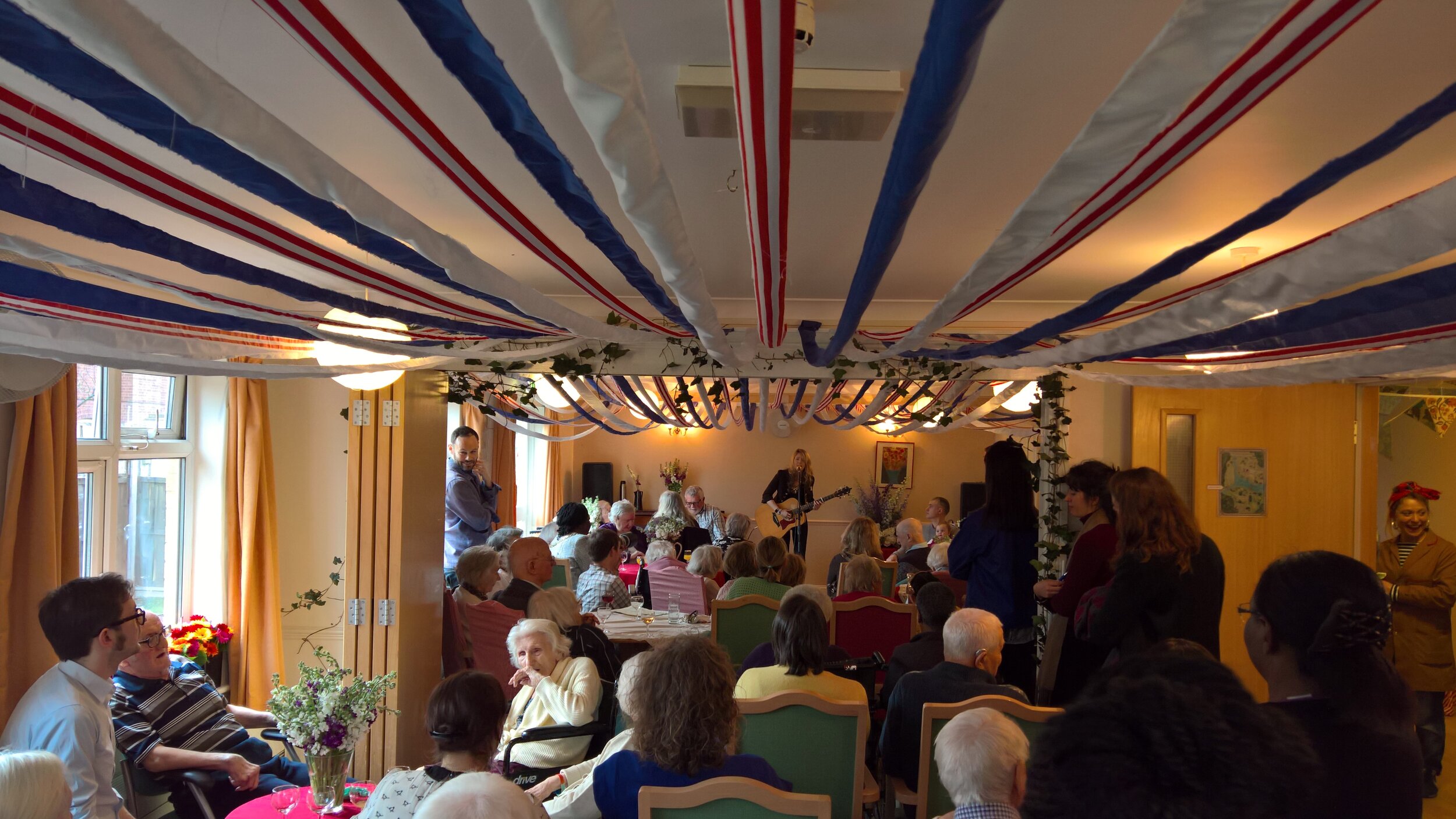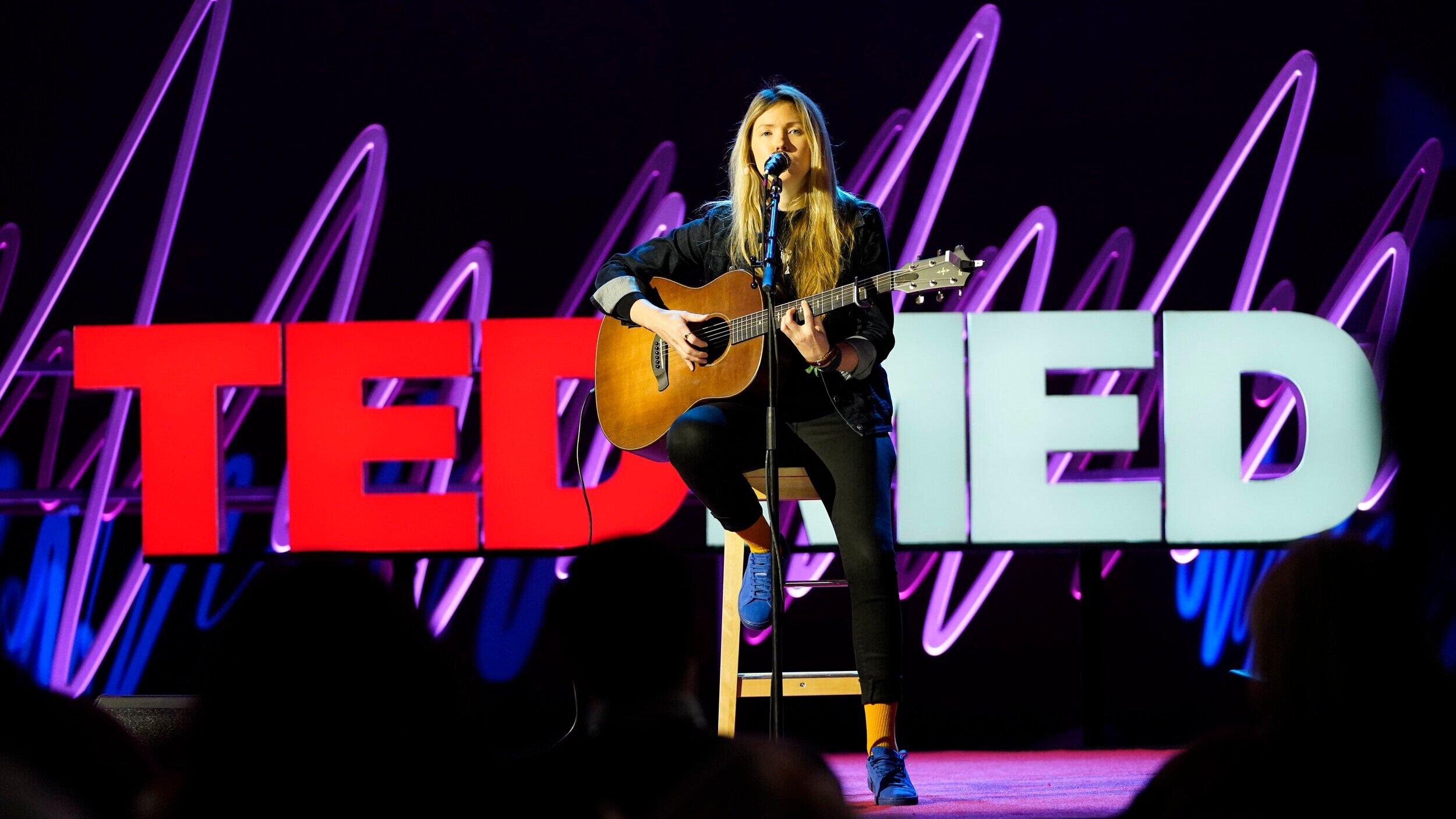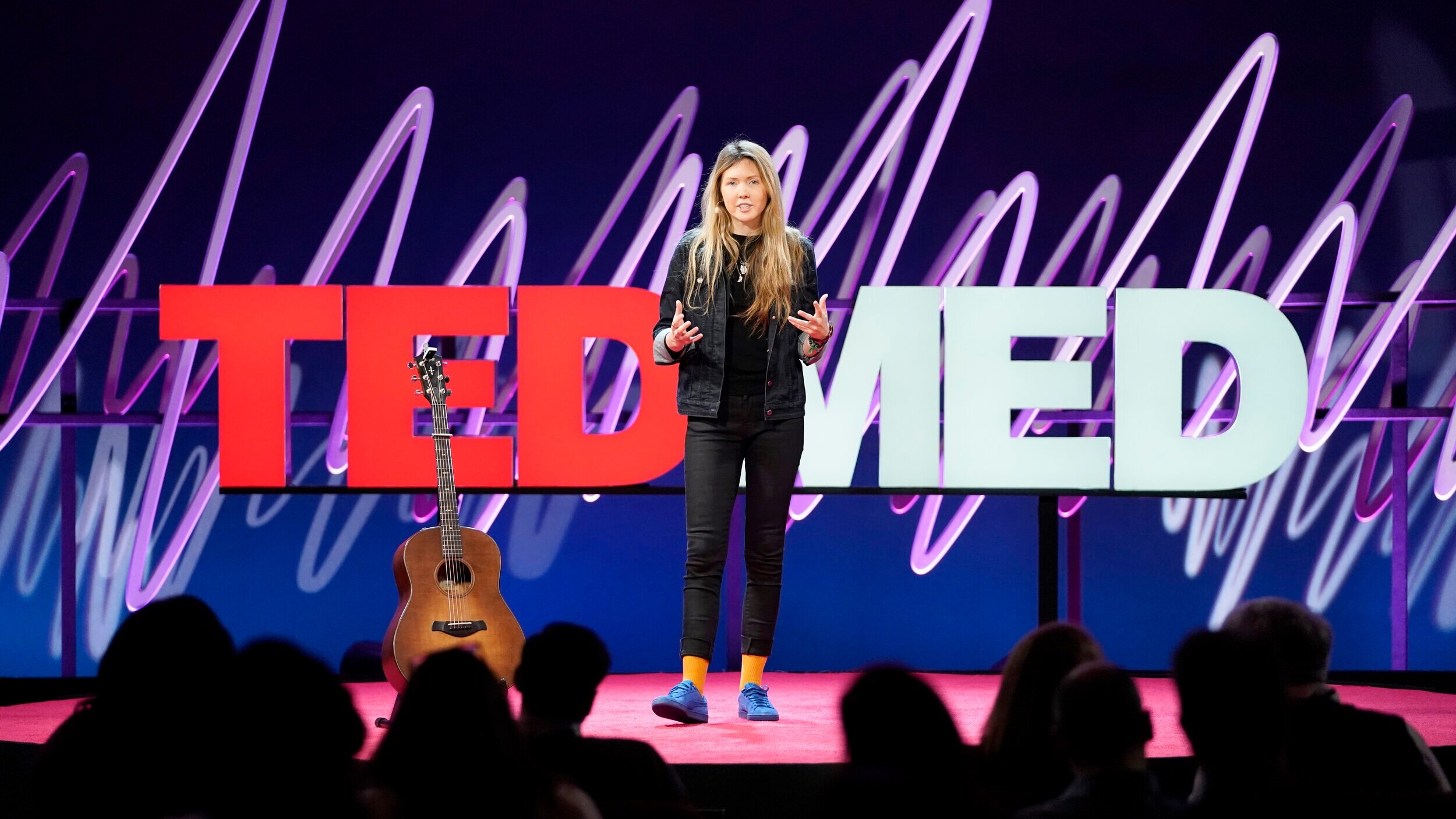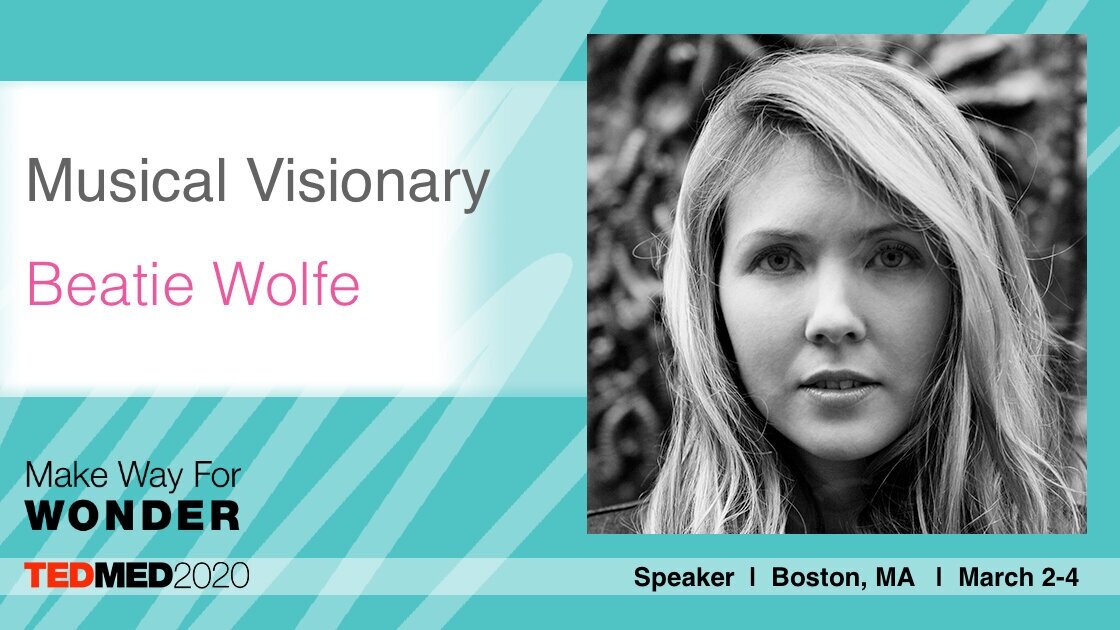Power of Music & Dementia
THE QUESTION NO ONE WAS ASKING... IS IT MUSIC OR MEMORY
The Power of Music & Dementia was a pioneering study founded by singer songwriter and innovator Beatie Wolfe that was the first to look at the power of music unconnected to memory for people living with dementia. Wolfe’s study (kindly supported by the Utley Foundation) was published in: The Times, Independent, BBC Radio 4, WIRED, Stanford University, Forbes. She has given keynotes about it at WIRED’s conference, TEDMED 2020, DLD Health, Social Innovation Summit, NASA, Apple Town Hall, Berklee Music College & US Alzheimer’s Association. Since beginning the Power of Music and Dementia research project in 2014 Wolfe has been campaigning this cause and her research study has been:
adopted by Stanford Research, the American Alzheimer’s Association & Oxford University
read at the House of Lords as part of an initiative to get music in all UK care homes
used to develop the charity Music for Dementia - to make music available to everyone living with dementia in the UK by 2020 (Beatie Wolfe is an ambassador for this charity)
“One of the first experiments into its impact
”

